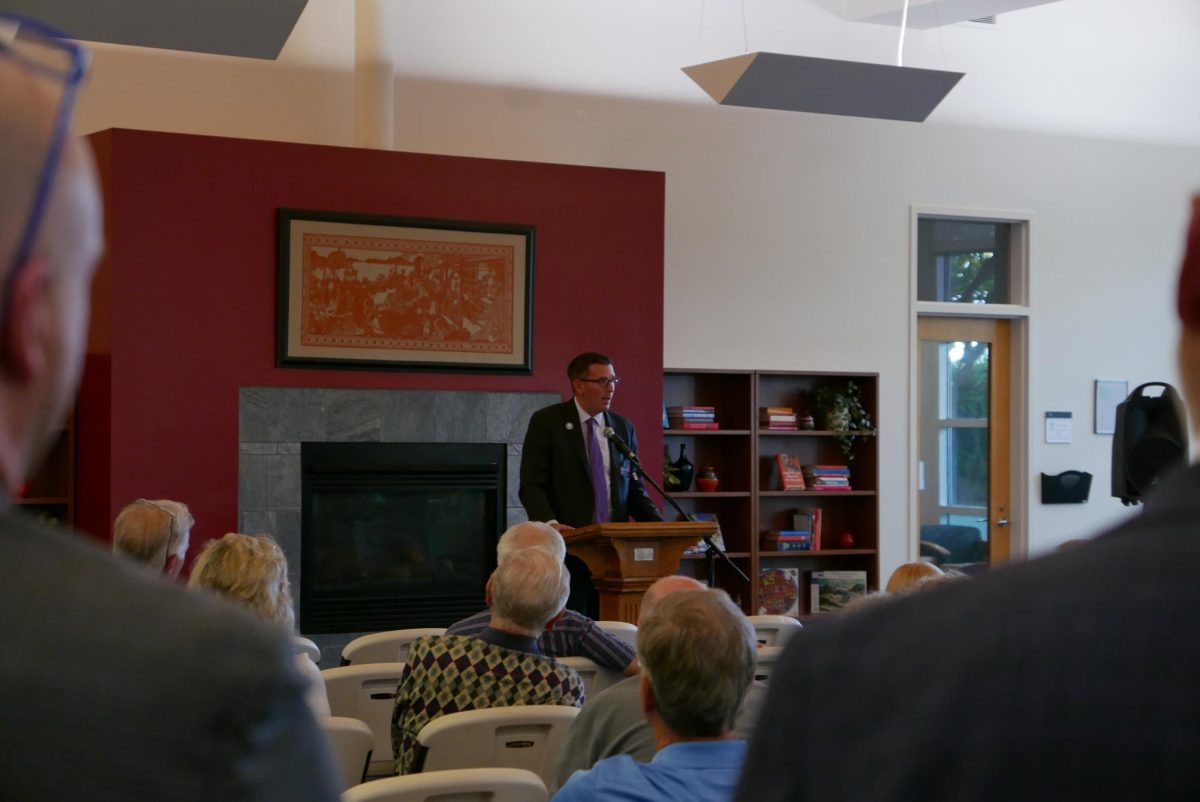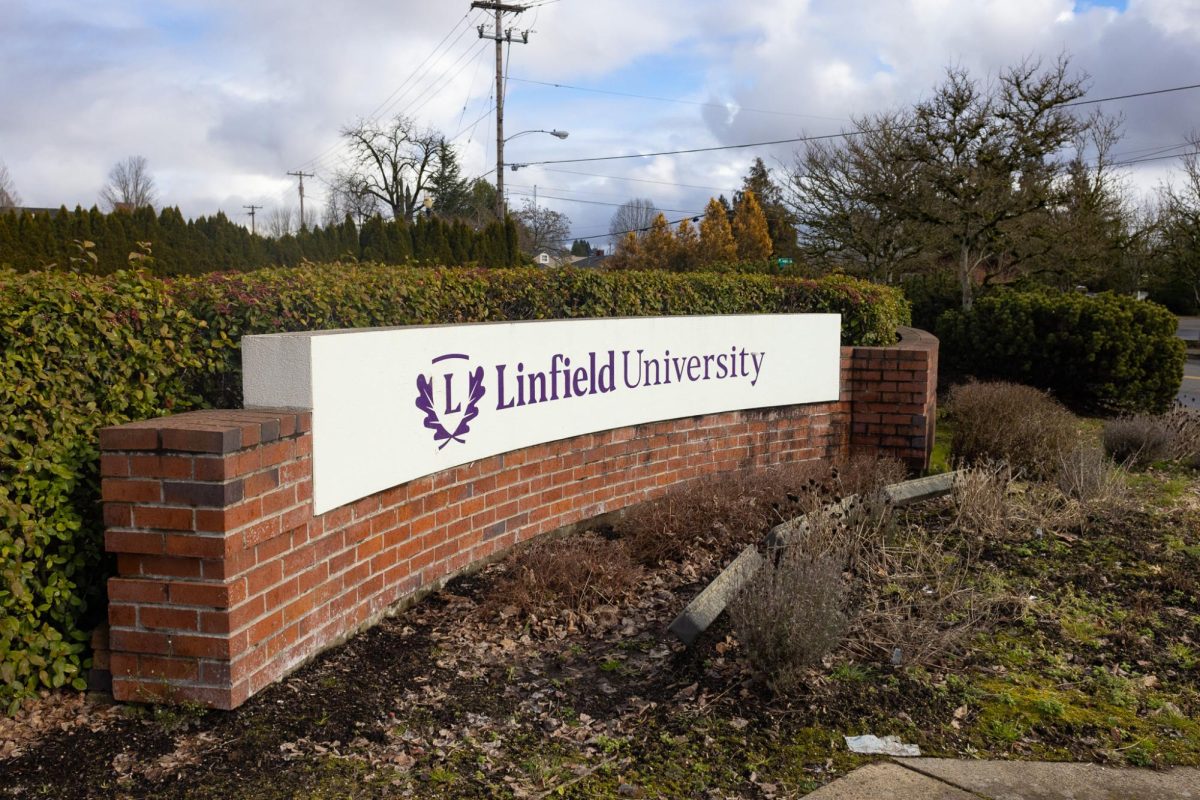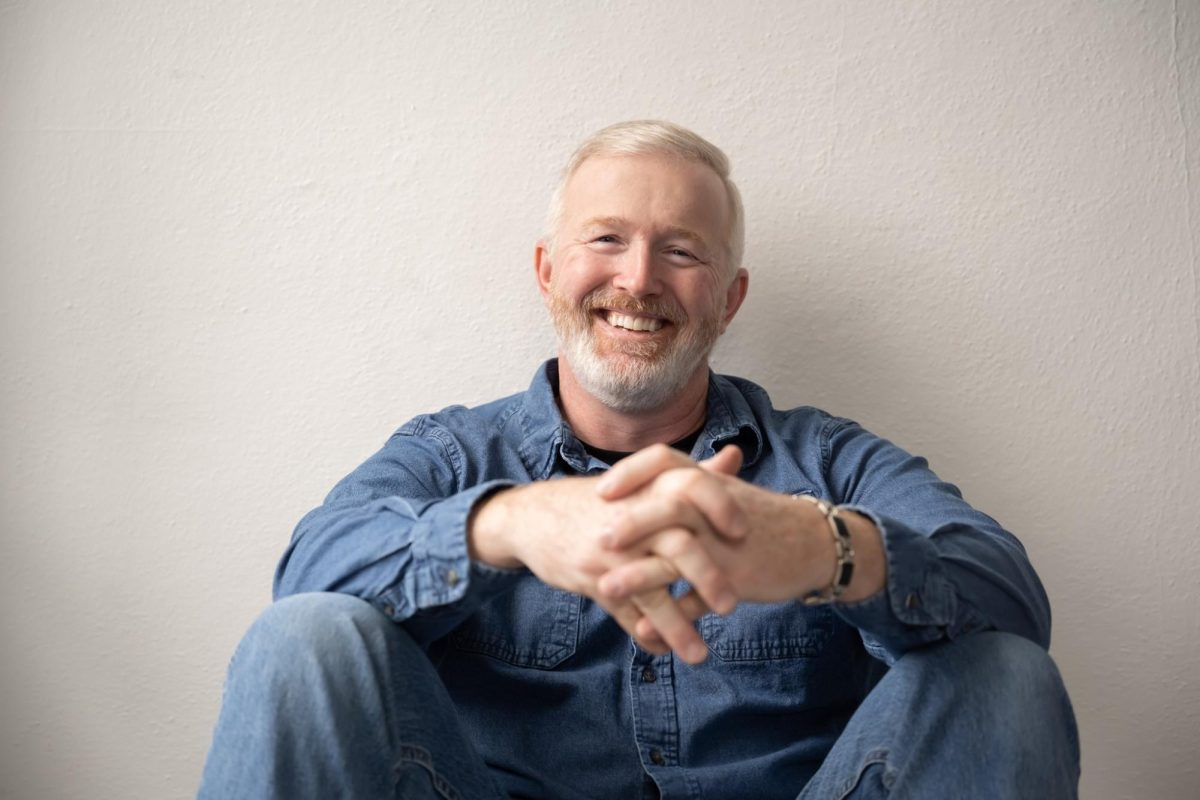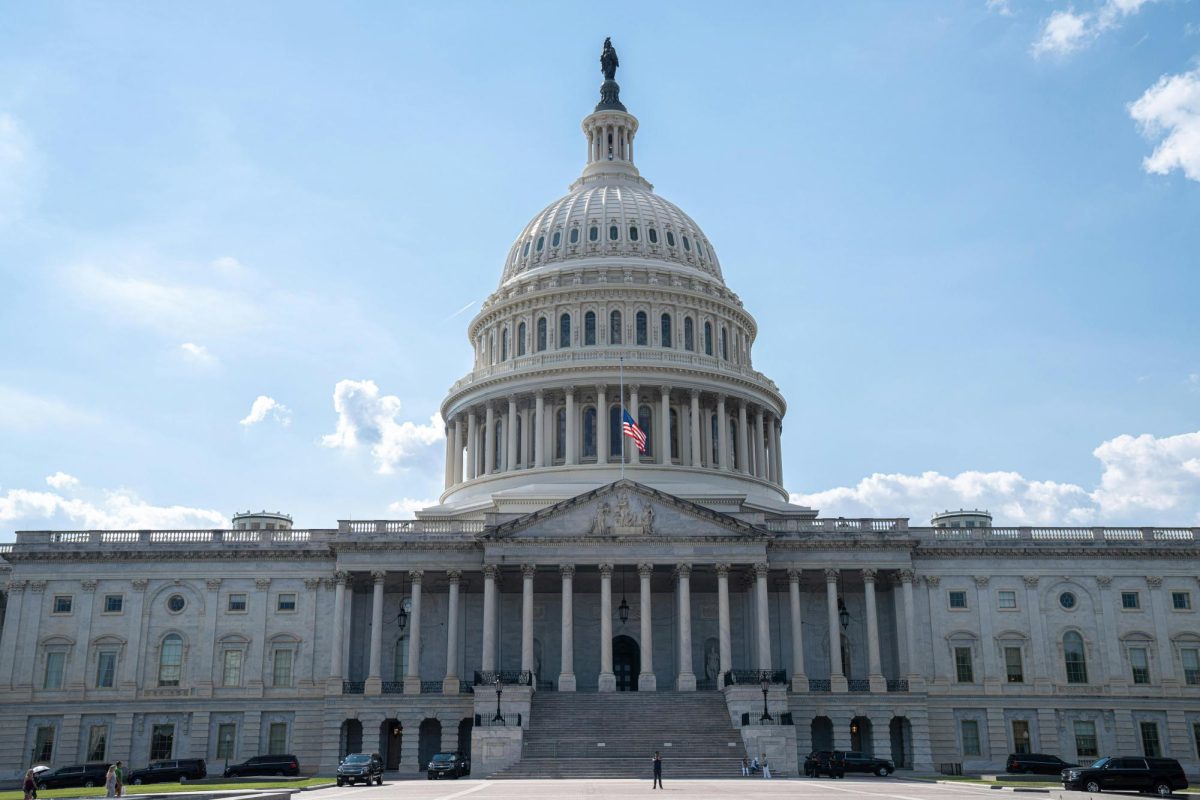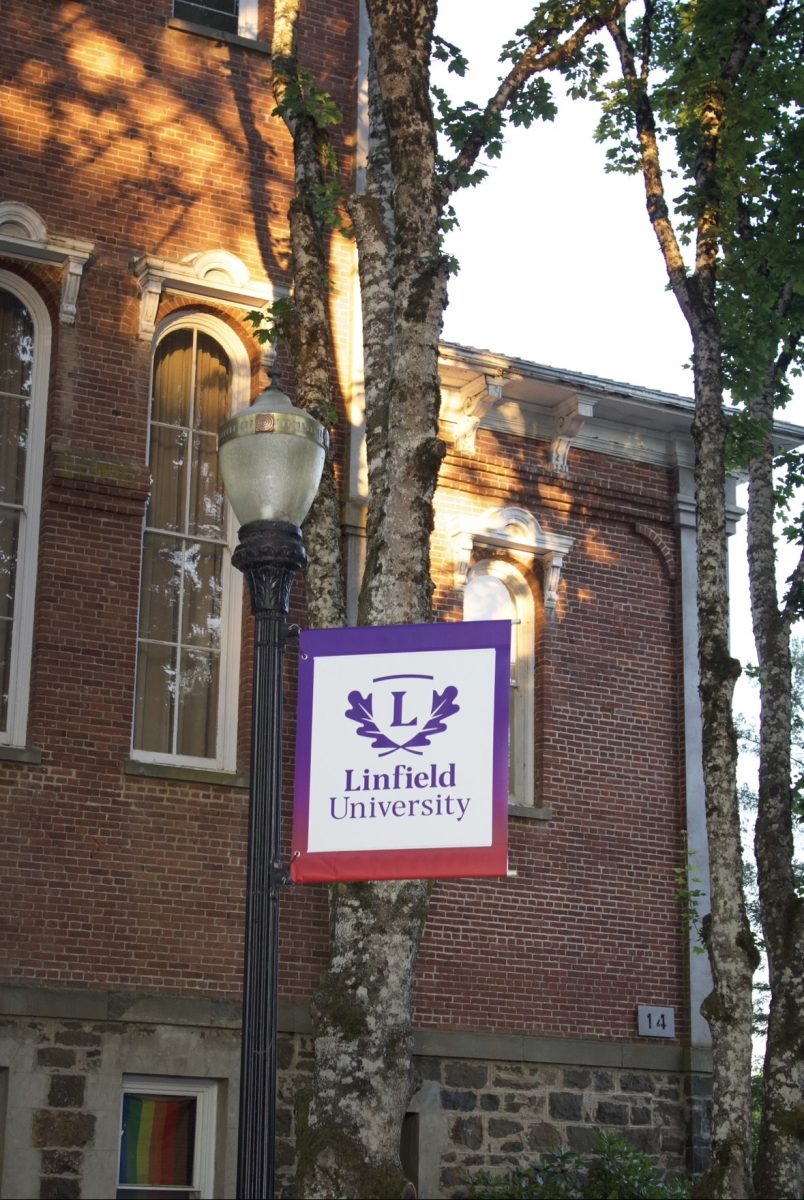Dawn Nowacki, Elizabeth and Morris Glicksman chair in political science, took the audience through an exploration of Spain’s religious history in a lecture on Sept. 24.
Nowacki used her first-hand experience touring many of Spain’s churches and cathedrals this summer to illustrate the often violent history of religion in the country.
She then explained the dangers of using religion to justify violence, an idea we see often in the world today.
“I don’t want to disparage religiosity,” Nowacki said. “I understand that for many people religion fills an essential longing for understanding that humans have. The problems arise when people view other religions as an existential threat to them.”
Nowacki referred to a 1992 lecture by political scientist Samuel P. Huntington that was later turned into a book titled “A Clash of Civilizations” to explain how she agreed with the author’s idea on how conflict post-Cold War had changed.
Huntington believes that the major source of conflict in this era will come from people’s differing forms of religious identity.
“It is this existential threat based on religion that makes the other an enemy that needs to be expelled,” Nowacki said.
“People need to ask themselves questions like: why do they hate us? Who are they? Religion, at times, can cloud the judgment and make people not think clearly.”
Tying this information back to her trip to Spain, Nowacki briefly explained the history of the Moors, who have inhabited Spain for more than 800 years.
“They were just as much Spanish as the other,” Nowacki said.
In places of higher learning, like the Alhambra in Granada, Muslims and Catholics studied together in peace for many years.
Religious persecution of Muslims by the Catholic church and monarchy; however, in the form of inquisitions, eventually drove most of the Moors out of Spain.
Much of the architecture Nowacki saw on her trip included old mosques that had been turned into cathedrals after the Moors had been expelled.
The violent depictions of this expulsion in the cathedrals is what especially shocked Nowacki.
Using her own photographs, Nowacki explained her trip along 60 miles of the El Camino de Santiago trail in Spain.
Translated to “The Way of Saint James,” the trail is a pilgrimage ending at the Cathedral of Santiago de Compostela in Galicia.
Nowacki’s lecture was sponsored by the International Programs Office, which organizes all study abroad programs at Linfield.
Michelle Tomseth, International Programs Office Assistant Director, provided insight as to why these events are important for students to attend.
“Linfield has a 71 percent rate of students studying abroad before they graduate,” Tomseth said. “We hope that presentations like the one Dawn Nowacki will be giving today, sparks students to think and be interested in what is going on in the world around them. She addressed a topic that is centuries old, yet it is a reflection of what is happening currently. We are still being affected by events that are history.”
Olivia Marovich can be reached at
[email protected].
YuCheng Zhang/Senior photographer
Dawn Nowacki, Elizabeth and Morris Glicksman chair in political science, discusses the issues of Spain’s relationship with the Muslim world.

